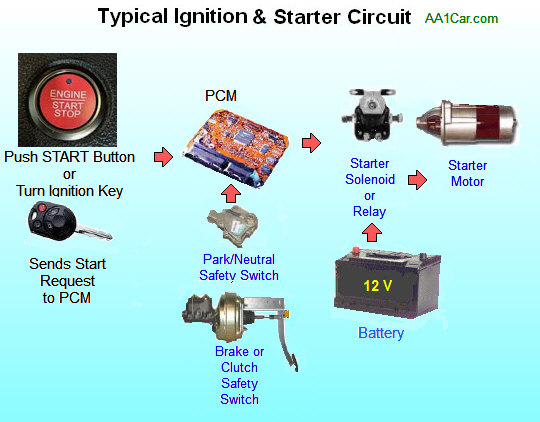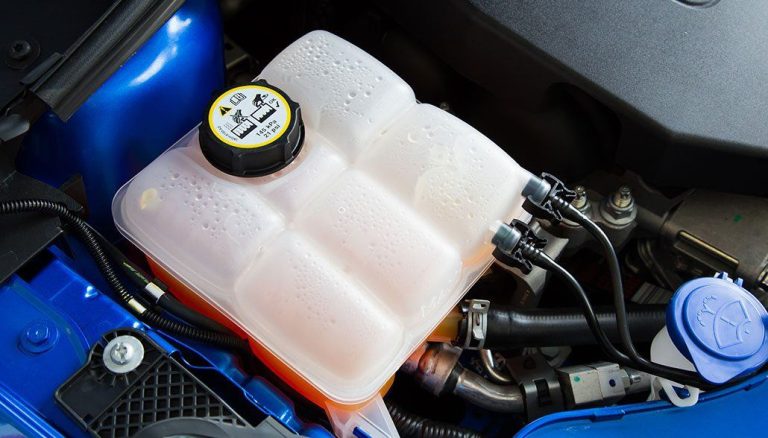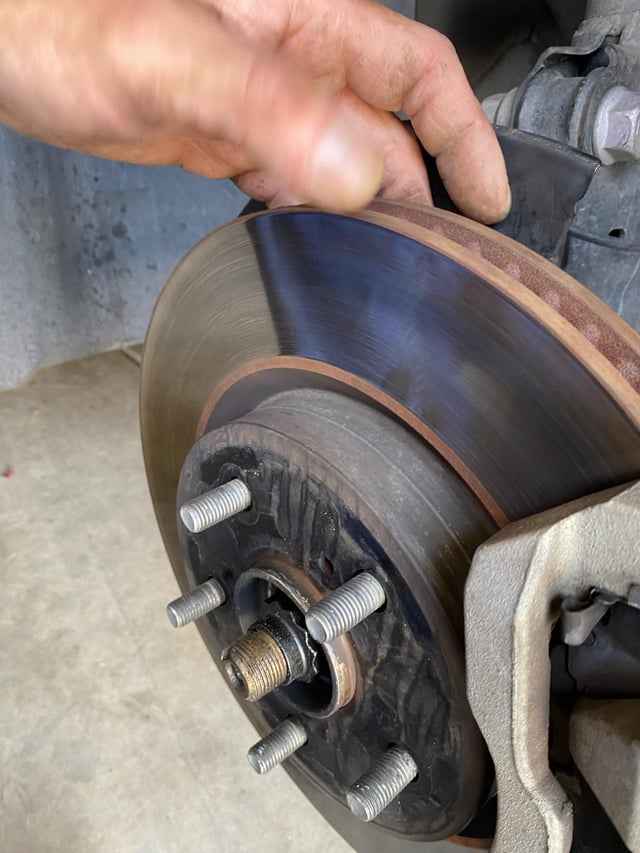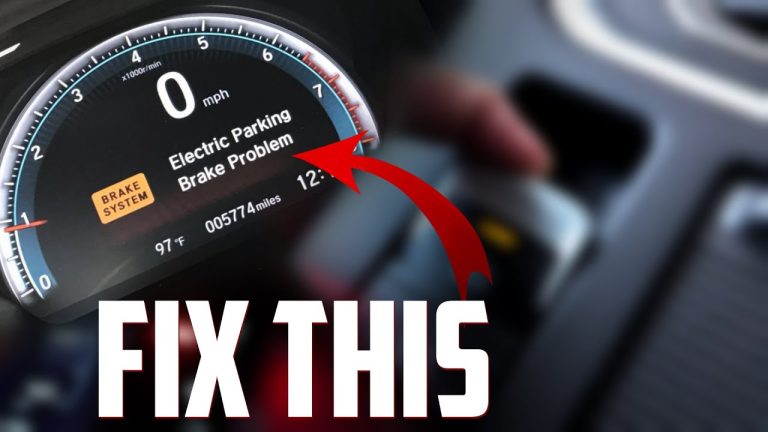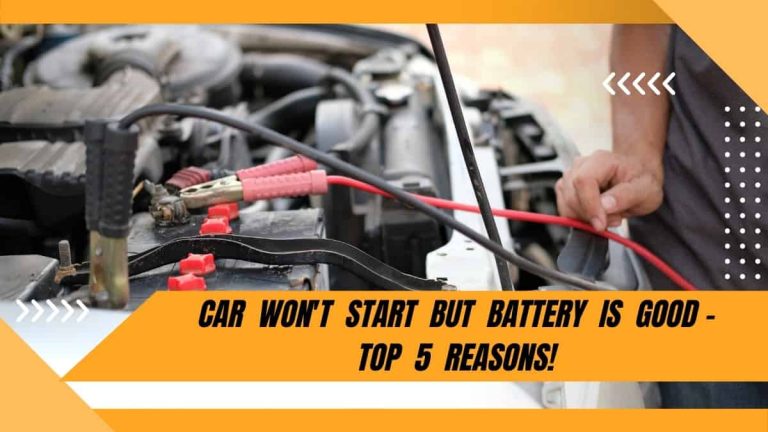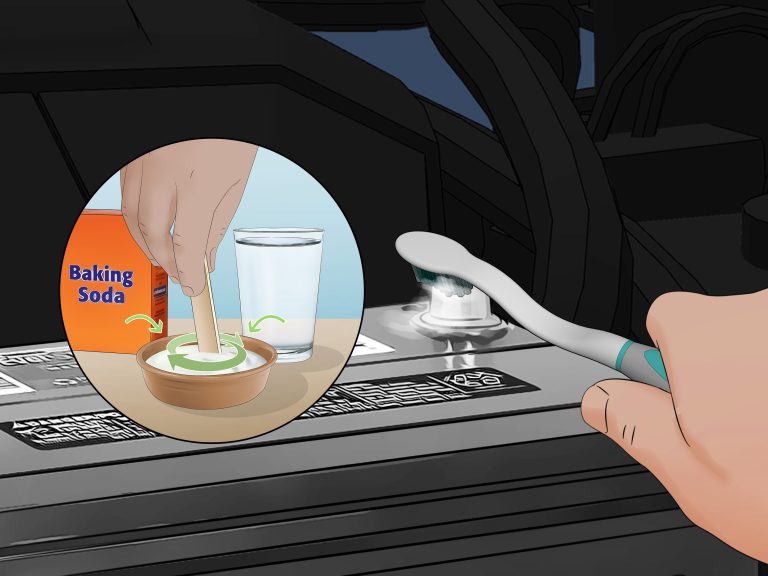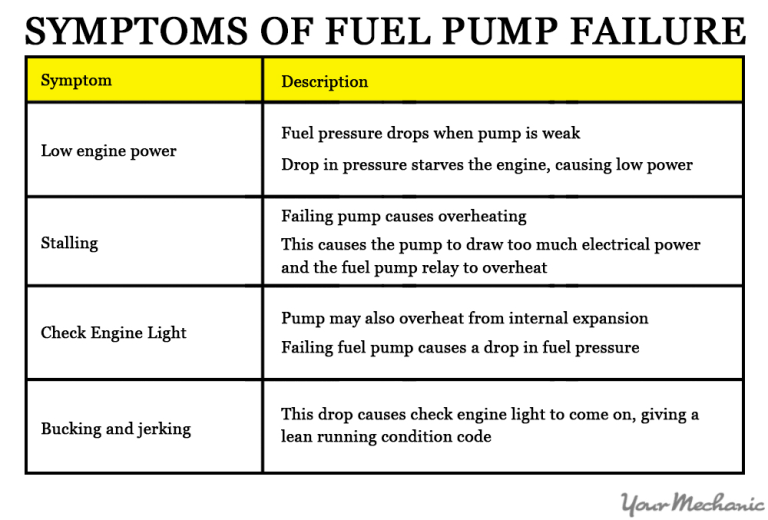Starter Works But Engine Won’t Turn Over: Troubleshooting Tips
If the starter works but the engine won’t turn over, it could indicate issues like a seized engine, faulty ignition system, lack of fuel, or timing belt failure. Even though the starter engages, the engine may not crank due to internal mechanical problems or missing combustion components.
Frustrating, right? You’re not alone. Many drivers face this puzzling problem. It’s not just an inconvenience; it can throw off your entire day. But don’t worry—understanding why your engine won’t turn over, even when the starter works, can save you time and stress.
This guide is here to help you uncover the mystery and get back on the road quickly. Let’s dive into the common causes and solutions, so you can confidently tackle this issue and get moving again.
Starter Works But Engine Won’t Turn Over
Common Causes
A faulty ignition switch, dead battery, or poor electrical connections are common issues when the starter works, but the engine won’t turn over. These problems can disrupt the power needed to start the engine, causing frustration for car owners. Regular maintenance can help prevent these issues.
When your car’s starter works but the engine won’t turn over, frustration sets in. Many drivers face this puzzling issue. Understanding the common causes can help. Let’s explore some reasons your engine might refuse to start. A weak or dead battery is a frequent culprit. Even if your starter works, low voltage may prevent the engine from cranking. Check the battery connections for corrosion. Clean them if needed. A simple jump-start might solve the issue temporarily. But, consider testing the battery for long-term solutions.
Faulty Ignition Switch
The ignition switch sends power to the starter. A malfunction in this switch can disrupt the process. Worn contacts inside the switch can lead to failure. Replacing the ignition switch often resolves this problem. The engine requires fuel to start. Blocked fuel filters or a failed fuel pump can prevent fuel flow. Inspect the fuel system components. Ensure fuel reaches the engine. This can determine if the fuel system is the issue.
Read more: Car Won’t Start No Noise: Unravel Silent Engine Mysteries
Engine Seized
A seized engine won’t turn over. Lack of lubrication or overheating can cause this. Regular maintenance helps prevent engine seizure. Checking oil levels and cooling systems can prevent this serious issue.
Starter Motor Problems
A faulty starter motor might click but fail to engage the engine. Internal wear or electrical faults can cause this. Testing the starter motor can confirm if it needs replacement. Understanding these common causes can guide you to a solution. Regular maintenance and checks ensure your vehicle remains reliable.

Credit: www.youtube.com
Read more: Car Not Starting But Battery is Fine: Troubleshoot Now
Battery Issues
Starter issues can puzzle many car owners. The starter may engage, but the engine won’t turn over. Often, a weak battery is the culprit. Check battery connections and charge levels. Simple fixes can restore your engine’s roar.
Battery issues can be a frustrating experience, especially when you’re all set to drive, but your engine just won’t turn over. It’s a common problem that many drivers face, yet the solution can often be straightforward. Let’s dive into how battery problems might be the culprit behind your car’s stubborn refusal to start.
Check Battery Charge Level
The first step is checking the battery charge level. A battery that’s low on charge can prevent your engine from turning over. You might have left your headlights on overnight, or maybe it’s simply been too long since the battery was last checked. A quick test with a voltmeter can tell you if the battery is undercharged.
Corroded Battery Terminals
Corrosion on battery terminals is another common issue. Corrosion can act like a barrier, blocking the flow of electricity from the battery to the engine. Inspect your battery terminals for a white, powdery substance. Cleaning them with a mixture of baking soda and water can restore their conductivity.
Loose Connections
Loose connections can also be a problem. Even if the battery is fully charged, loose cables can prevent the engine from receiving power. Give the battery cables a gentle tug to ensure they’re firmly connected. If they’re loose, tightening them might be all you need to get your car started.
Old Or Damaged Battery
Consider the age of your battery. Car batteries generally last about three to five years. If yours is older, it might be time for a replacement. Signs of a worn-out battery include slow engine crank and dim headlights. Investing in a new battery could save you from future headaches.
Environmental Factors
Extreme temperatures can impact battery performance. Cold weather can slow down the chemical reactions inside the battery, while hot weather can lead to evaporation of battery fluid. If you live in a region with harsh temperatures, consider a battery designed to withstand these conditions. Have you ever been stranded because of a dead battery? It’s a situation that can teach you the importance of regular maintenance. Addressing these battery issues promptly can ensure your car starts smoothly every time. What steps will you take to avoid battery problems in the future?
Ignition System Check
The ignition system is crucial for starting your vehicle. If the starter works but the engine won’t turn over, it might be an ignition system issue. Checking this system can prevent unnecessary repairs. Often, the problem lies in a small but essential part. Let’s explore the main components of the ignition system.
Check The Ignition Switch
The ignition switch sends power to the engine. A faulty switch can prevent engine startup. Use a multimeter to test it. Ensure the switch gets power and functions correctly. If it’s faulty, replacement is necessary.
Inspect The Ignition Coil
The ignition coil converts battery voltage to spark energy. If the coil fails, the engine might not start. Listen for a clicking sound when turning the key. A multimeter can also help test the coil’s functionality.
Examine The Spark Plugs
Spark plugs ignite the fuel-air mixture in the cylinders. Worn-out spark plugs can hinder engine starting. Remove each plug and check for wear or damage. Replace them if necessary for smooth engine operation.
Look At The Ignition Module
The ignition module controls the ignition coil’s timing. A faulty module may disrupt engine startup. Use a scanner tool to check for error codes. Replace the module if it’s defective to restore ignition timing.

Credit: www.youtube.com
Fuel System Problems
Experiencing a starter that works but an engine that won’t turn over can indicate fuel system issues. Problems like clogged fuel filters or faulty pumps might prevent fuel from reaching the engine, hindering ignition. Regular maintenance can help identify these issues early, ensuring smooth engine performance.
When your car’s starter works but the engine won’t turn over, one of the culprits could be fuel system problems. Imagine you’re all set for a weekend road trip, the sun is shining, and you’re excited to hit the road. But as you turn the key, your car refuses to start. It’s frustrating, right? Fuel system issues might be to blame. Understanding these problems can save you time, money, and a lot of stress.
Fuel Pump Failure
A faulty fuel pump can prevent fuel from reaching the engine. Without fuel, the engine can’t run. If you hear a whining noise from the fuel tank, this could signal a failing pump. Pay attention to sudden power losses while driving or difficulty starting the car. Regular maintenance can help avoid unexpected breakdowns.
Clogged Fuel Filter
A clogged fuel filter restricts fuel flow to the engine. This can lead to poor performance or a no-start condition. If your car sputters or stalls, a clogged filter might be the issue. Check your vehicle’s maintenance schedule. Changing the fuel filter as recommended can prevent such problems.
Empty Fuel Tank
It might seem obvious, but an empty fuel tank is often overlooked. Ensure there’s enough gas before assuming a bigger issue. Running on low fuel frequently can damage the pump. Fill up regularly and keep an eye on the fuel gauge.
Fuel Injector Issues
Fuel injectors deliver fuel into the engine. If they’re clogged or malfunctioning, the engine won’t receive the necessary fuel. This can cause misfires or prevent starting. Using quality fuel and additives can keep injectors clean. Consider professional cleaning if problems persist.
Contaminated Fuel
Bad fuel can cause significant issues. Water or debris in the fuel can disrupt engine performance. If your car suddenly struggles after refueling, contaminated fuel might be the cause. Choose reputable gas stations and consider using a fuel treatment periodically. Understanding these fuel system problems can help you troubleshoot effectively. Have you ever faced a fuel-related issue with your car? What steps did you take to resolve it? Share your experiences and tips in the comments below. Your insights might just help a fellow driver in need.
Mechanical Obstructions
Starter engaging but engine remains still? Mechanical obstructions might be the cause. Check for jammed parts or debris blocking movement.
Mechanical obstructions in a vehicle can be a frustrating puzzle, especially when the starter works but the engine won’t turn over. This issue can leave you scratching your head, wondering what might be blocking the engine’s movement. Understanding mechanical obstructions can help you identify and resolve the problem, saving you time and money.
Common Causes Of Mechanical Obstructions
Several factors can lead to mechanical obstructions. One common culprit is debris or foreign objects lodged in the engine compartment. Such obstructions can prevent engine components from moving freely. Imagine trying to pedal a bike with a stick jammed in the wheel—it’s a similar scenario for your engine. Another cause could be internal engine damage. If any part inside the engine breaks or malfunctions, it can create a blockade. This is often a more serious issue that might require professional repair. Think about a clock where a gear is stuck; the whole mechanism fails to work properly.
Signs You Should Look Out For
Recognizing the signs of mechanical obstructions can be your first step towards solving the problem. If you hear unusual noises when attempting to start the car, it could indicate something is blocking the engine. Grinding or clanking sounds are like a cry for help from your vehicle. Difficulty in turning the key or the ignition refusing to budge is another red flag. This might be the engine’s way of resisting movement due to an obstruction. Consider this: when a door won’t close properly, you often find something blocking it.
Simple Checks Before Calling A Mechanic
Before you rush to a mechanic, there are simple checks you can perform. Inspect under the hood for any visible debris or foreign objects. Sometimes, a quick glance can reveal what’s hiding in plain sight. Check for leaks or unusual wear and tear around the engine area. These might be clues that something’s amiss internally. Wouldn’t it be a relief to find that a minor issue was causing all the trouble?
Can You Fix Mechanical Obstructions Yourself?
Some mechanical obstructions are easy to fix on your own. Removing visible debris or realigning small parts can sometimes restore engine movement. But remember, if the obstruction is internal or complex, it might be best left to professionals. Ask yourself: do you have the tools and confidence to tackle the issue? If not, reaching out for expert help might save you from turning a small problem into a big one. Mechanical obstructions can be tricky, but with careful observation and some basic checks, you can often identify the root cause. Wouldn’t it be satisfying to know that you solved the mystery yourself?

Credit: www.autotechiq.com
Frequently Asked Questions
Why Does My Starter Work But Engine Won’t Start?
The issue often involves fuel, battery, or ignition problems. Check connections and fuel supply first for faults.
Could A Faulty Battery Cause Engine Failure?
Yes, a weak or dead battery can prevent the engine from starting. Ensure the battery is fully charged or replaced.
Is A Bad Ignition Switch A Possible Cause?
Absolutely, a malfunctioning ignition switch can disrupt power flow. Confirm it clicks into place when turned on.
Conclusion
Fixing a starter problem can be tricky. But don’t lose hope. Check all connections first. Loose wires might be the culprit. Battery health is vital too. A weak battery won’t start an engine. Listen for clicking sounds. They can signal electrical issues.
Investigate the starter motor next. It may need replacement. Professional help is valuable for complex problems. Regular maintenance prevents future issues. Keep your car running smoothly. Understanding these basics saves time and money. Your vehicle deserves care and attention. Stay informed.
Drive safely.

